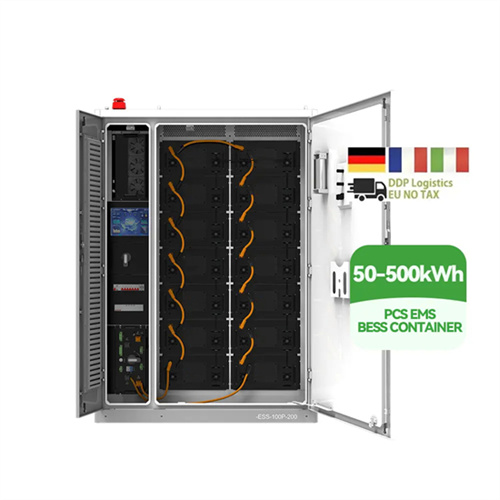About Li ion li polymer
The lithium-ion battery powers smartphones, laptops, and numerous other devices around the globe. These batteries are made by combining four different components: 1. A cathode (the positive terminal.
A lithium-polymer battery is slightly newer than the conventional lithium-ion battery, and it wasn't until.
Lithium-ion batteries are more common because of their widespread adoption. However, lithium-polymer batteries are fast becoming popular because of their increased s.
A lithium polymer battery, or more correctly, lithium-ion polymer battery (abbreviated as LiPo, LIP, Li-poly, lithium-poly, and others), is aoftechnology using a instead of a liquid electrolyte. Highly conductive semisolid () polymers form this electrolyte. These batteries provide higherthan other lithium battery types.
As the photovoltaic (PV) industry continues to evolve, advancements in Li ion li polymer have become critical to optimizing the utilization of renewable energy sources. From innovative battery technologies to intelligent energy management systems, these solutions are transforming the way we store and distribute solar-generated electricity.
When you're looking for the latest and most efficient Li ion li polymer for your PV project, our website offers a comprehensive selection of cutting-edge products designed to meet your specific requirements. Whether you're a renewable energy developer, utility company, or commercial enterprise looking to reduce your carbon footprint, we have the solutions to help you harness the full potential of solar energy.
By interacting with our online customer service, you'll gain a deep understanding of the various Li ion li polymer featured in our extensive catalog, such as high-efficiency storage batteries and intelligent energy management systems, and how they work together to provide a stable and reliable power supply for your PV projects.
Related Contents
- Li ion nmc battery
- Li ion battery technology
- Lithium polymer li poly batteries
- Best li ion battery charger
- Li ion automotive battery
- Li ion battery supplier
- Li ion vs lithium
- 4s 30a 14 8 v li ion lithium 18650 battery bms
- Ion li battery
- Li ion lipo
- Li 92b lithium ion battery
- Li 42b lithium ion battery


